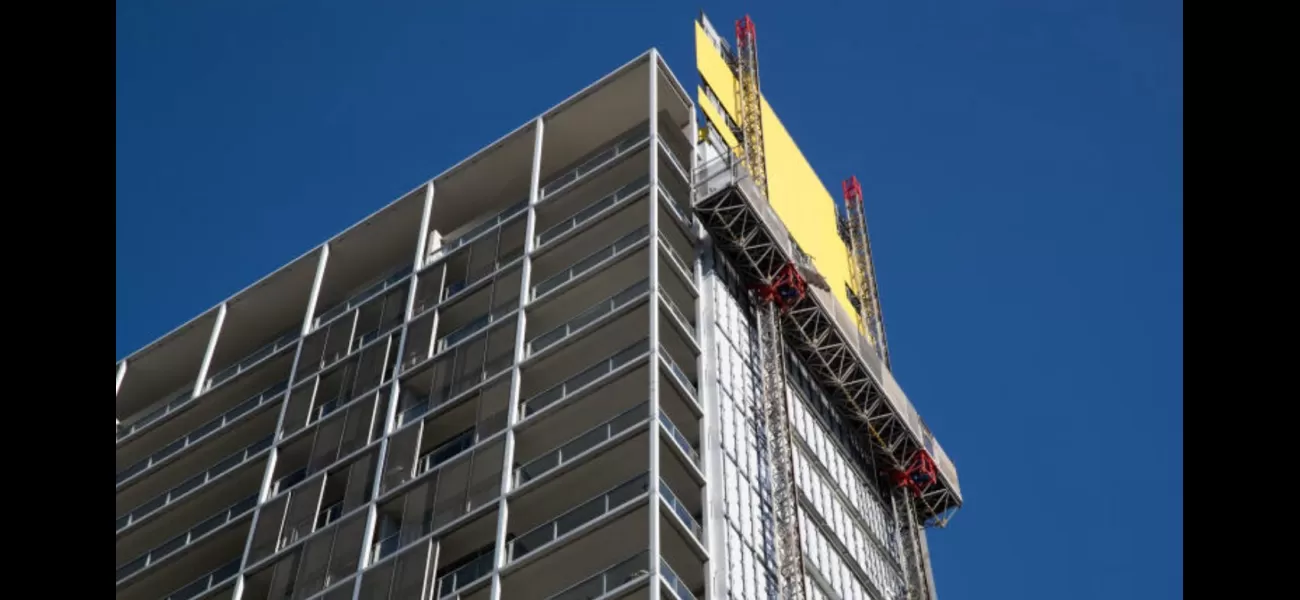Lawsuits ongoing as companies face legal action for unsafe building materials.
Residential building material advertised as safe, but owners corporations have spent a lot of money replacing it.
August 27th 2024.

Two companies, known for producing and importing building cladding, have been connected to several fires around the world, including the tragic Grenfell Tower fire in London. Despite this, they are still facing a class action lawsuit from Australian property owners.
According to the court, the German manufacturer, 3A Composites, and its Australian distributor, Halifax Vogal Group, advertised the cladding as safe to use in residential, commercial, and public buildings. However, it has been revealed that these materials were not suitable for such purposes as they were made of flammable material, which could potentially cause fires to spread quickly throughout a building.
The issue of combustible cladding came into the spotlight after the devastating fire at the 24-storey Grenfell Tower in London back in July 2017, where 72 people tragically lost their lives. Footage played in the Federal Court yesterday showed the flames reaching all the way up to the roof of the building, with molten debris falling to the street below.
In Australia, certain types of cladding have been banned, forcing owners corporations to spend large amounts of money to replace the dangerous material. Other types of cladding, while not banned, have caused insurance premiums to soar as insurers became hesitant to cover buildings with these materials installed. This was revealed in court yesterday during the hearing.
The class action lawsuit claims that the building components were not of the expected quality and that 3A and HVG made false claims while marketing the material to architects and builders in Australia. The plaintiffs are seeking damages and compensation for their losses.
However, 3A has denied responsibility for promoting the products and has stated that the components were used incorrectly due to faulty architectural plans. They also claim that proper assessments were not made to ensure the building would remain fire-safe with the cladding installed. HVG has also made similar statements.
The hearing, presided over by Justice Stewart Anderson, is expected to last for 40 days as both sides present their arguments and evidence.
According to the court, the German manufacturer, 3A Composites, and its Australian distributor, Halifax Vogal Group, advertised the cladding as safe to use in residential, commercial, and public buildings. However, it has been revealed that these materials were not suitable for such purposes as they were made of flammable material, which could potentially cause fires to spread quickly throughout a building.
The issue of combustible cladding came into the spotlight after the devastating fire at the 24-storey Grenfell Tower in London back in July 2017, where 72 people tragically lost their lives. Footage played in the Federal Court yesterday showed the flames reaching all the way up to the roof of the building, with molten debris falling to the street below.
In Australia, certain types of cladding have been banned, forcing owners corporations to spend large amounts of money to replace the dangerous material. Other types of cladding, while not banned, have caused insurance premiums to soar as insurers became hesitant to cover buildings with these materials installed. This was revealed in court yesterday during the hearing.
The class action lawsuit claims that the building components were not of the expected quality and that 3A and HVG made false claims while marketing the material to architects and builders in Australia. The plaintiffs are seeking damages and compensation for their losses.
However, 3A has denied responsibility for promoting the products and has stated that the components were used incorrectly due to faulty architectural plans. They also claim that proper assessments were not made to ensure the building would remain fire-safe with the cladding installed. HVG has also made similar statements.
The hearing, presided over by Justice Stewart Anderson, is expected to last for 40 days as both sides present their arguments and evidence.
[This article has been trending online recently and has been generated with AI. Your feed is customized.]
[Generative AI is experimental.]
0
0
Submit Comment





